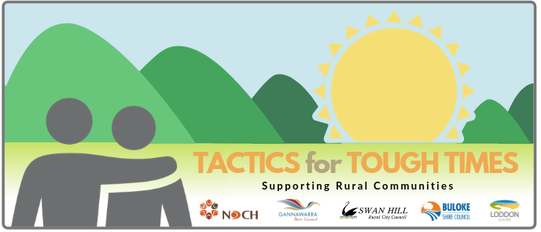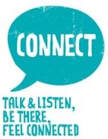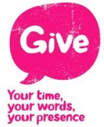Support Services
The Conversation
As a friend, loved one, you have a part to play in the helping of others. It can be hard to know how to play that role, however. The following guidelines can help you. Also, you can use the resources on this website to assist with guidance in having this conversation.
The intent of the conversation is to help that person. Through asking them questions you will begin to get a picture of how bad their situation is. This will result in three outcomes:
1. Allowing them to talk and get the issue off their chest.
2. Helping them to find resources about their issue. E.g. fact sheets
3. Direct referral: this could be either through providing them with contacts, going with them to see a GP or ringing 000 in an emergency.
In every instance if you don’t get the diagnosis/option right, it is better to have had the conversation than not..
The intent of the conversation is to help that person. Through asking them questions you will begin to get a picture of how bad their situation is. This will result in three outcomes:
1. Allowing them to talk and get the issue off their chest.
2. Helping them to find resources about their issue. E.g. fact sheets
3. Direct referral: this could be either through providing them with contacts, going with them to see a GP or ringing 000 in an emergency.
In every instance if you don’t get the diagnosis/option right, it is better to have had the conversation than not..
|
Do's
If you notice a changes in your friend or loved one, have the conversation. Talk openly. Ask directly. If they have been thinking about suicide. Asking will not plant the idea of suicide or cause them to act on it. Communicate the message:
|
Dont's
|







